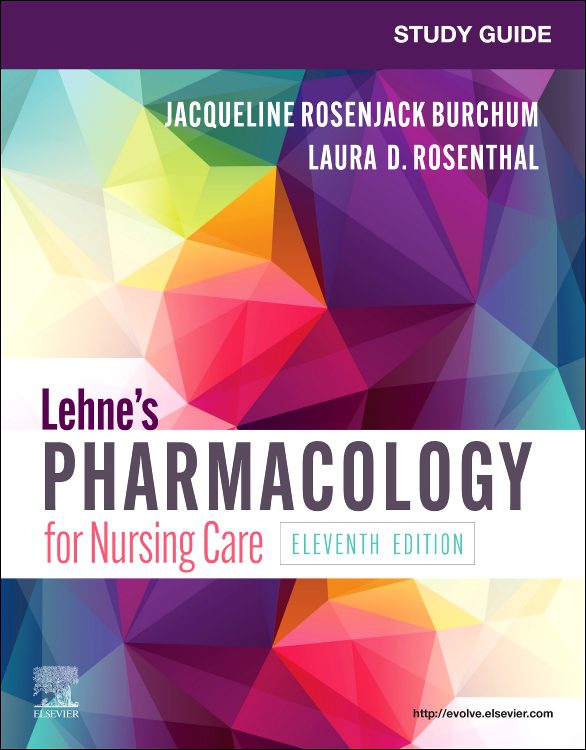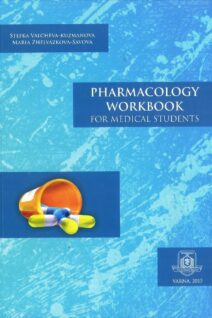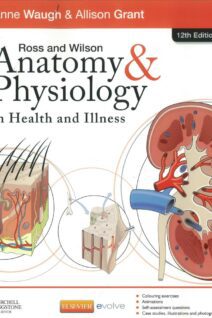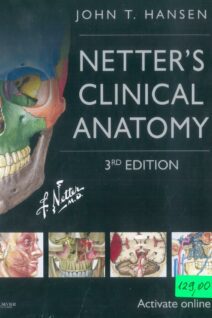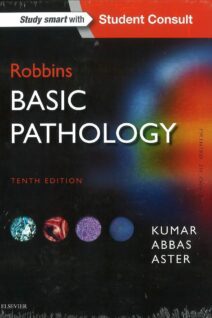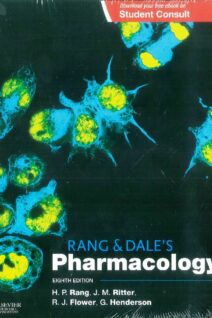Study Guide for Lehne’s Pharmacology for Nursing Care, 11th Edition
Reinforce your understanding of pharmacology with this practical workbook! Corresponding to the chapters in Lehne’s Pharmacology for Nursing Care, 11th Edition, this study guide provides a comprehensive review of all the material included in the textbook. Case studies, critical thinking study questions, prioritization and delegation questions; and patient teaching scenarios help you apply your knowledge to patient care and patient education. With NCLEX® Examination-style review questions providing plenty of practice with nursing pharmacology; this study guide prepares you for success on the NCLEX Exam.
New to this edition
- NEW! Updated content ensures that information is consistent with the textbook, and reflects the latest FDA drug approvals, withdrawals, and therapeutic uses.
- NEW! Next Generation NCLEX® (NGN)-style case study questions are included to help you prepare for clinical success.
Key Features
- Reinforcement of key information equips you for success on the NCLEX® Examination and for patient safety (a QSEN core competency) in clinical practice.
- NCLEX Examination-style questions include multiple-choice, multiple-select, and alternate-item formats, promoting learner engagement and preparing you for success on the NCLEX Exam and for safe clinical practice.
- Three-part chapter organization separates content into 1) study questions, 2) NCLEX review and application questions, and 3) dosage calculation questions.
- Prioritization and delegation questions emphasize skills related to prioritization and delegation; both of which are increasingly being tested on the NCLEX Exam, and are highlighted by special icons.
- Focus on implications of drugs and drug classes for patient care includes activities and; questions that are designed for you to answer „How do the drugs work in the body?“ and „How do these drug actions impact patient care?
- Application- and analysis-level questions are highlighted by special icons, and ask you to integrate other nursing knowledge such as developmental considerations, laboratory values, and symptoms of adverse effects.
- Detailed rationales for all prioritization questions are included in the answer key and include explanations for both correct and incorrect responses.
- Answer key is included in the back of the print study guide.


